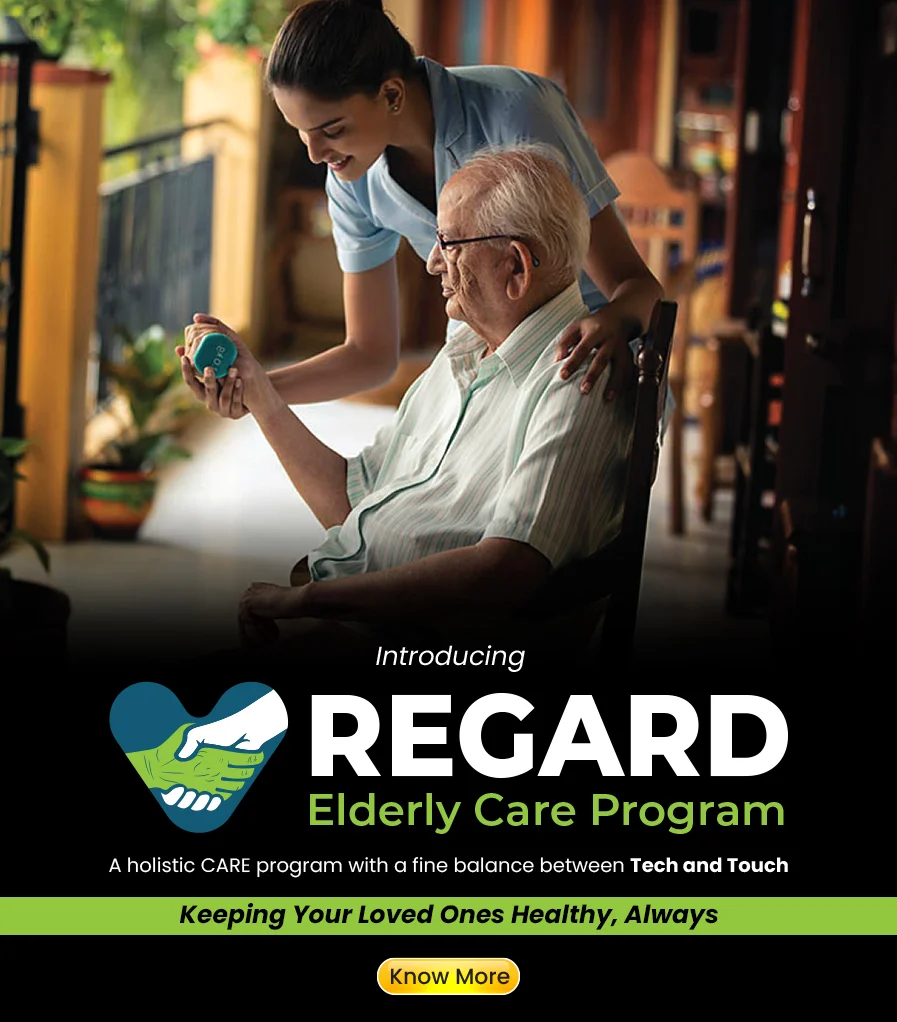Sarah, a 35-year-old marketing executive, finally had to stop ignoring the gnawing in her upper abdomen. What started as occasional discomfort after meals had escalated into persistent pain, nausea, and loss of appetite. She was soon to enter into the early stages of a condition affecting millions around the globe: gastritis.
Gastritis is an inflammation of the stomach lining. Generally speaking, people tend to assume it is rather rare, but studies have revealed that from 50% of the world’s population, nearly everyone at some time in their lifetime will have a kind of gastritis, although many people are never diagnosed[1]. Gastritis accounts for a stunning 2 million doctor visits yearly in the United States alone[2]. These statistics pin down the point of the need to know about this widespread disease.
What Is Gastritis?
Gastritis is an inflammation of the protective lining of the stomach. It can be acute, appearing suddenly, or chronic, arising gradually. In all cases, it can bring a group of uncomfortable symptoms that, if left untreated, can lead to potentially serious complications.
The inner lining of the stomach, normally protected by a coating of mucus, can become compromised and thus become vulnerable to inflammation and, in some instances, erosion of the stomach lining.
Causes of Gastritis
There are several reasons that gastritis arises. These include:
- Helicobacter pylori infection: Helicobacter pylori is considered to be the leading cause of gastritis throughout the world.
- Recurrent use of NSAIDs: Analgesics such as aspirin and ibuprofen irritate the stomach lining.
- Alcoholism: Alcohol eats into the mucous lining that protects the stomach.
Pressure/Psychological: Stomach acids build up and inflammation begins under intense pressure. - Autoimmune disease: At times, the immune system of the body attacks the stomach lining.
- Bile reflux: Bile reaching the stomach from the bile duct damages the stomach.
For Sarah, work-related stress and the frequent use of pain relievers for headaches are probably a trigger of her illness.
Gastritis Symptoms
The symptoms of gastritis may vary from person to person; they may include:
- Gnawing or burning pain in the upper abdomen
- Nausea and vomiting
- Loss of appetite
- Bloating, feeling full, and nausea
- Indigestion
- Dark-colored stools (indicating GI bleeding)
She used to suffer from an ache in the upper abdominal region, particularly after having food. At times, she used to feel nausea and her appetite was very low below the normal level.
Gastritis Diagnosis
Gastritis is primarily diagnosed by following the following procedure:
- Medical history and physical exam: The doctor will will ask for the history of symptoms, and a physical examination will be done
- Blood tests: For the diagnosis of anemia or H. pylori infection.
- Stool test: To analyze for blood in the stool or H. pylori.
- Upper endoscopy: A thin tube with a camera passed through the mouth to view the stomach lining.
- Biopsy: During endoscopy, sometimes tissue samples are taken for further examination.
Sarah began with a discussion of her symptoms with some blood tests and an endoscopy that positively confirmed Sarah had gastritis.
Treatment of Gastritis
In the treatment, these plans try to minimize inflammation and treat the cause. The following are the treatments available:
-
- Medications:
- Antacids to neutralize stomach acid
- Proton pump inhibitors or H2 blockers to decrease the amount of acid produced
- Antibiotics if H. pylori is detected
- Dietary modification:
- Antacids to neutralize stomach acid
- Avoid foods that trigger, especially hot, acidic, or fatty
- Increase in small and frequent meals
(Limit alcohol or refrain from alcohol intake)
- Lifestyle modification:
- – Smoking cessation
- – Stress management
- Herbal remedies:
- Probiotics to aid good gut flora
- Herbal teas can be either chamomile or ginger
- Medications:
Sarah was treated with acid reducers, dietary modifications, and stress management. She started feeling much better within a few weeks
Gastritis and Diabetes
There is an interesting link between gastritis and diabetes. Research has shown that diabetics, especially those whose glycemic control is compromised, are at a greater risk of developing gastric inflammation. It can be thought that the above-mentioned association may be due to the following factors:
A higher susceptibility to H. pylori infection among diabetics
Diabetic neuropathy leads to malfunction in the stomach
Altered immunity in diabetes
For those who have both conditions, a high index of suspicion must exist for both gastritis and diabetes diagnoses and treatment so that they can be treated appropriately.
When to Get Medical Care
Visit your doctor if you experience: Abdominal pain that lasts more than a week
- You experience frequent nausea and vomiting
- You find it hard to swallow
- Unexplained weight loss
- Your stools appear black or tarry. This is an indication of gastrointestinal bleeding.
- You experience indigestion that does not improve with the OTC medications.
Early intervention helps prevent complications and makes recovery faster.
Gastritis is in no way rare; it certainly is a health condition that cannot be taken lightly. Most of the patients with gastritis improve and complications are avoided through proper management.
These causes, symptoms, and treatments of gastritis help an individual gain a grip of self-control over digestive health. If you experience periodic stomach discomfort or constant flare-ups of gastritis, it’s about time to get well: effective treatments are out there. If you work closely with Doctors and make necessary lifestyle changes, you can calm the stormy seas of gastritis to start sailing towards better digestive health.
References :
[1] Sugano K, et al. (2015). Kyoto Global Consensus Report on Helicobacter pylori gastritis. Gut, 64(9), 1353-1367.
[2] Wehbi M. (2020). Acute Gastritis. StatPearls [Internet]. Treasure Island (FL): StatPearls Publishing.
[3] Wang F, et al. (2019). Diabetes mellitus and risk of gastric cancer: a systematic review and meta-analysis. Journal of Diabetes Investigation, 10(6), 1363-1371.
FAQs for Gastritis
Can stress alone cause gastritis?
Stress can make the symptoms of gastritis worsen, but most of the time, it is not the only cause. However, stress management plays a large part in treating gastritis.
Is gastritis infectious?
Gastritis is not infectious, but H. pylori, the most common cause of gastritis, is transmissible from person to person.
Can certain foods be used for the prevention or treatment of gastritis?
No food is proven to treat gastritis, but an anti-inflammatory diet of fruits, vegetables, and whole grains may reduce inflammation. Also, foods that include probiotics, such as yogurt, are helpful.
How long will it take to recover from gastritis?
The time required for recovery depends on the cause and severity. Acute gastritis treated properly can last a few days to weeks; chronic gastritis may take several months to respond.
Does gastritis contribute to stomach cancer?
Helicobacter pylori gastritis is a risk factor for the development of gastric cancer Regular check-ups and proper treatment reduce this risk.


















